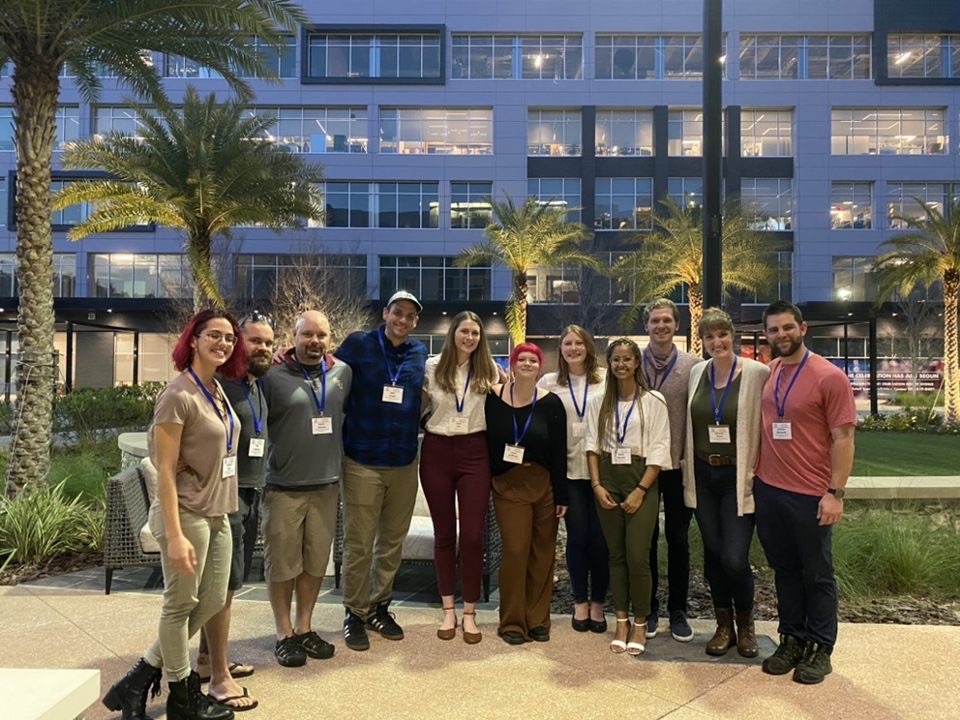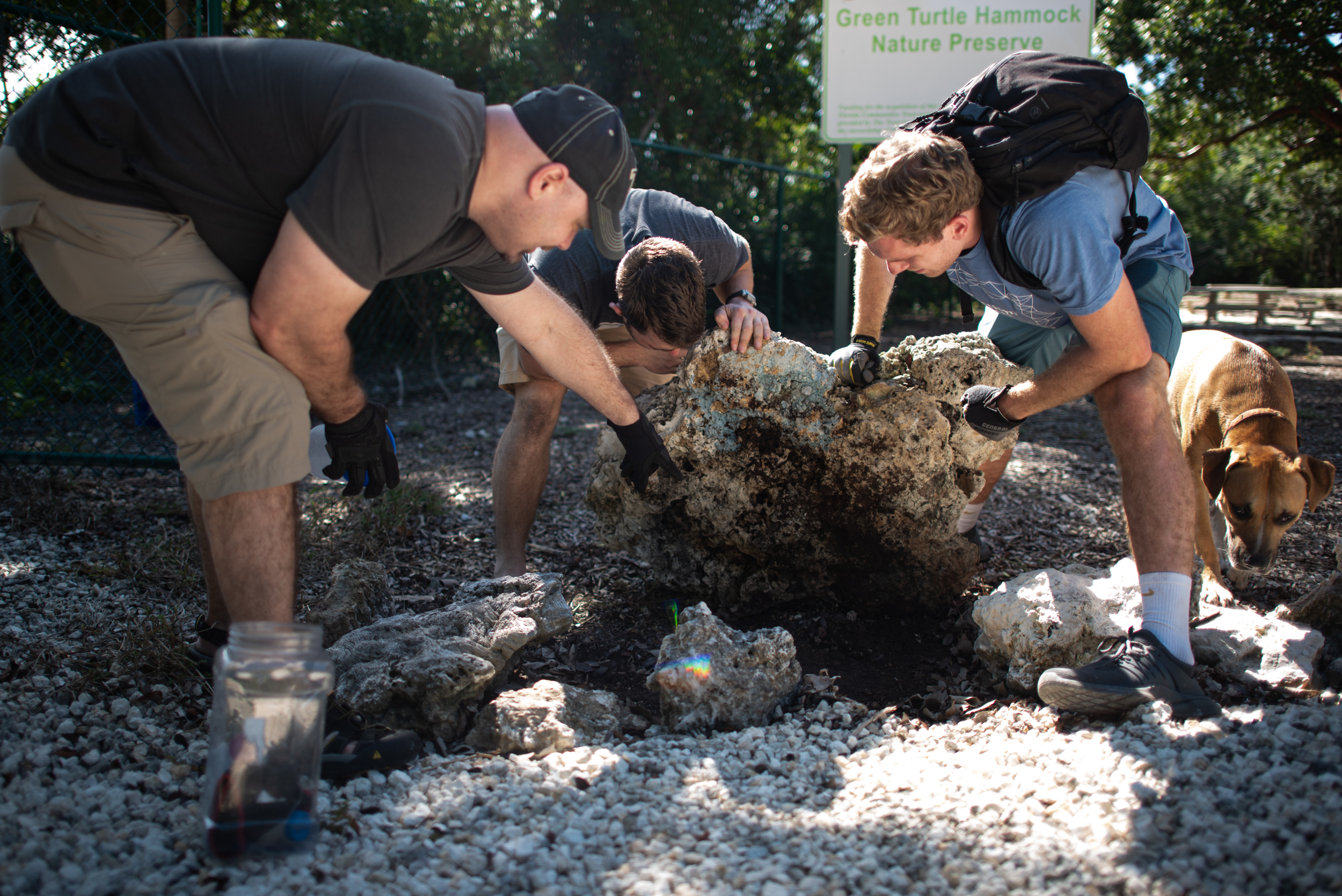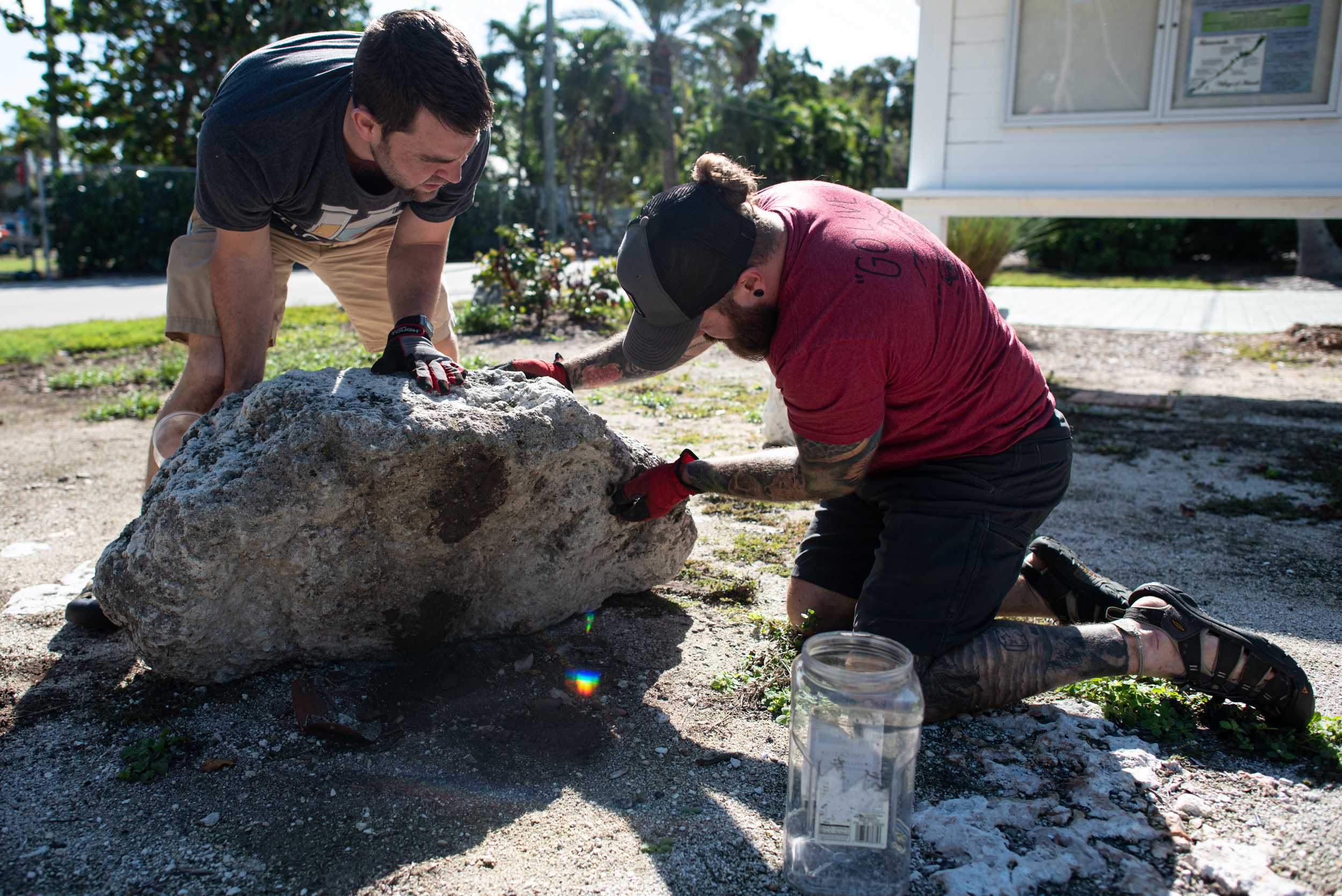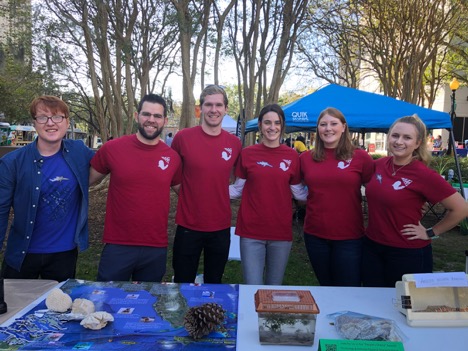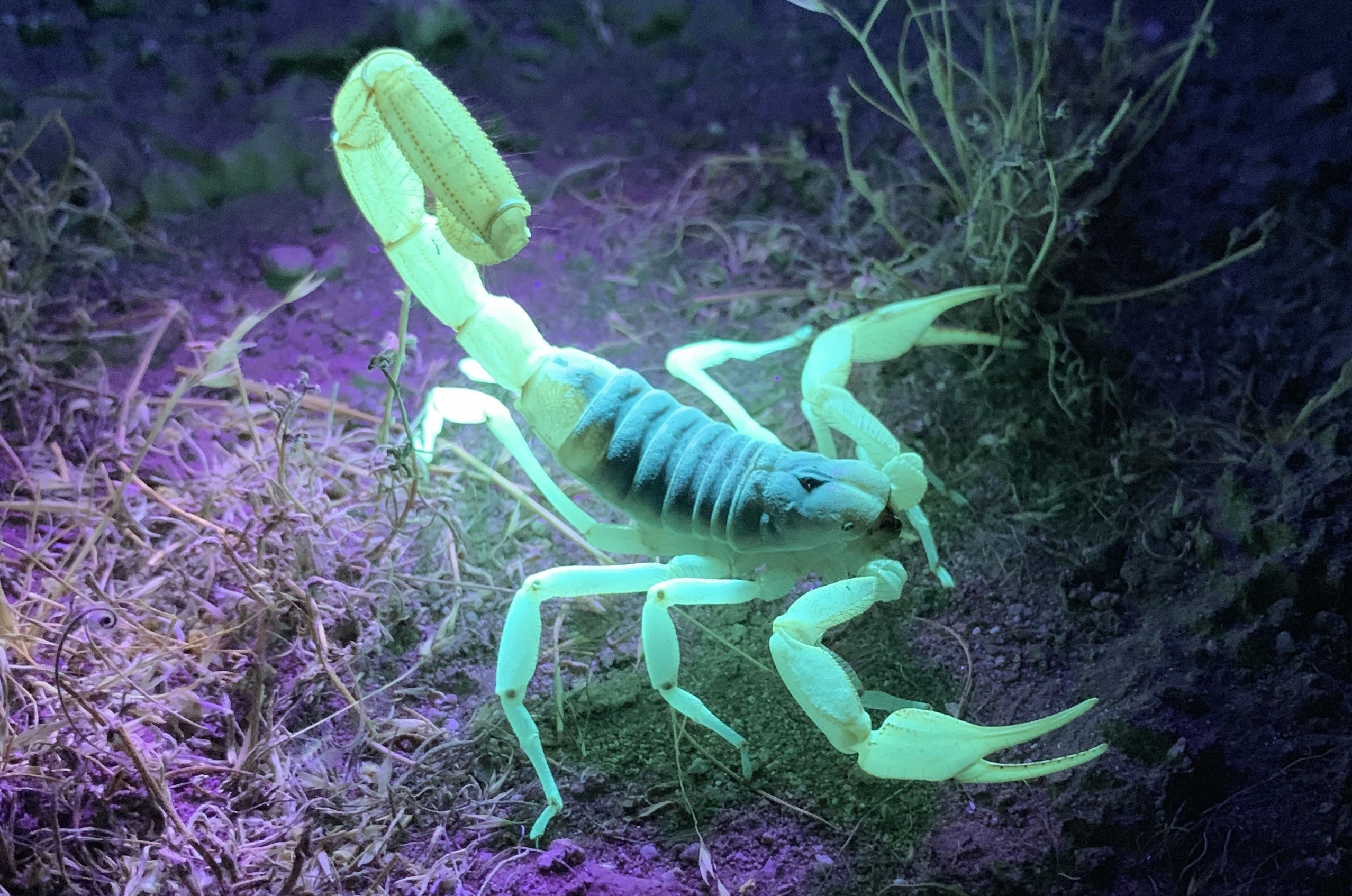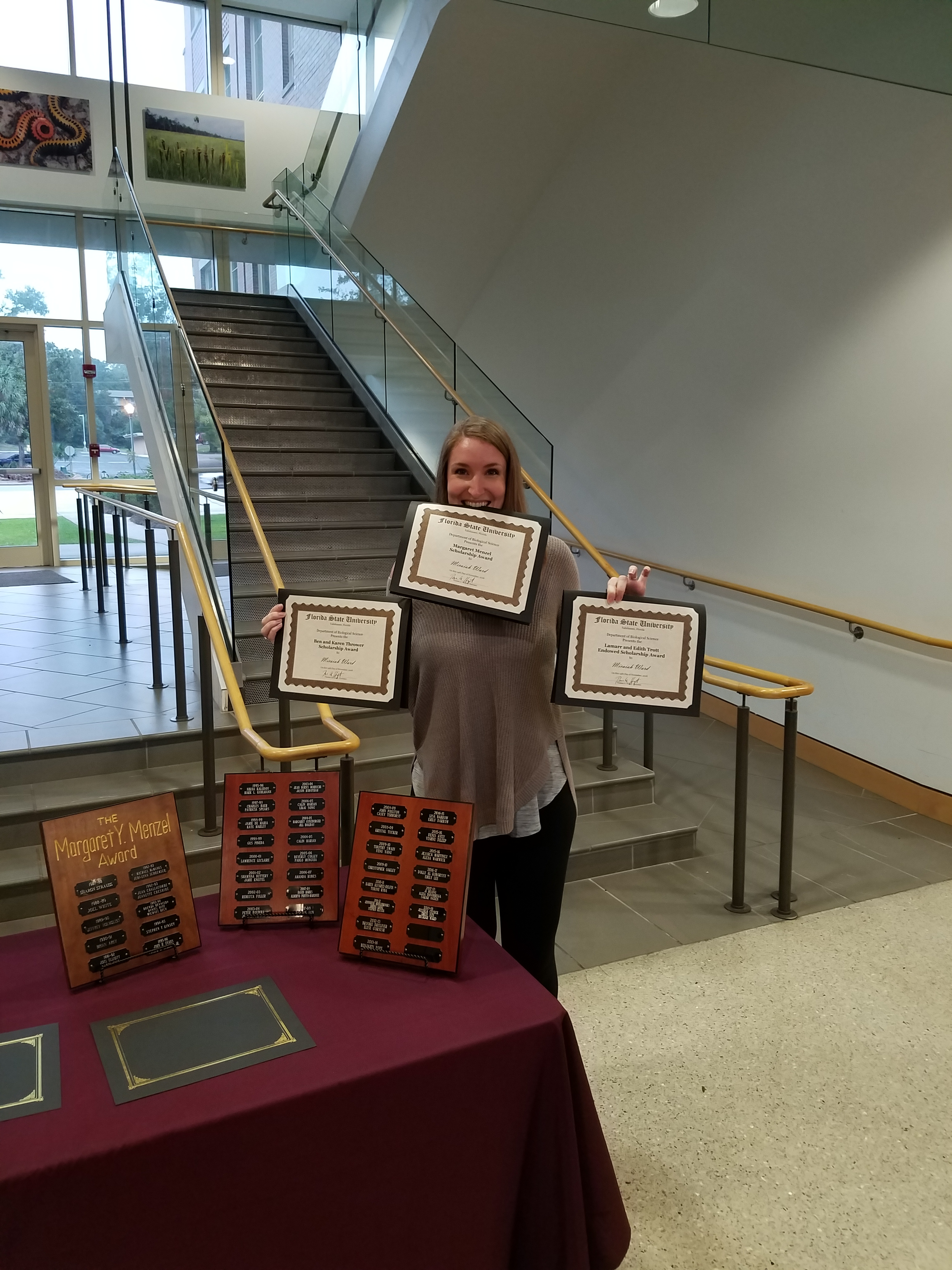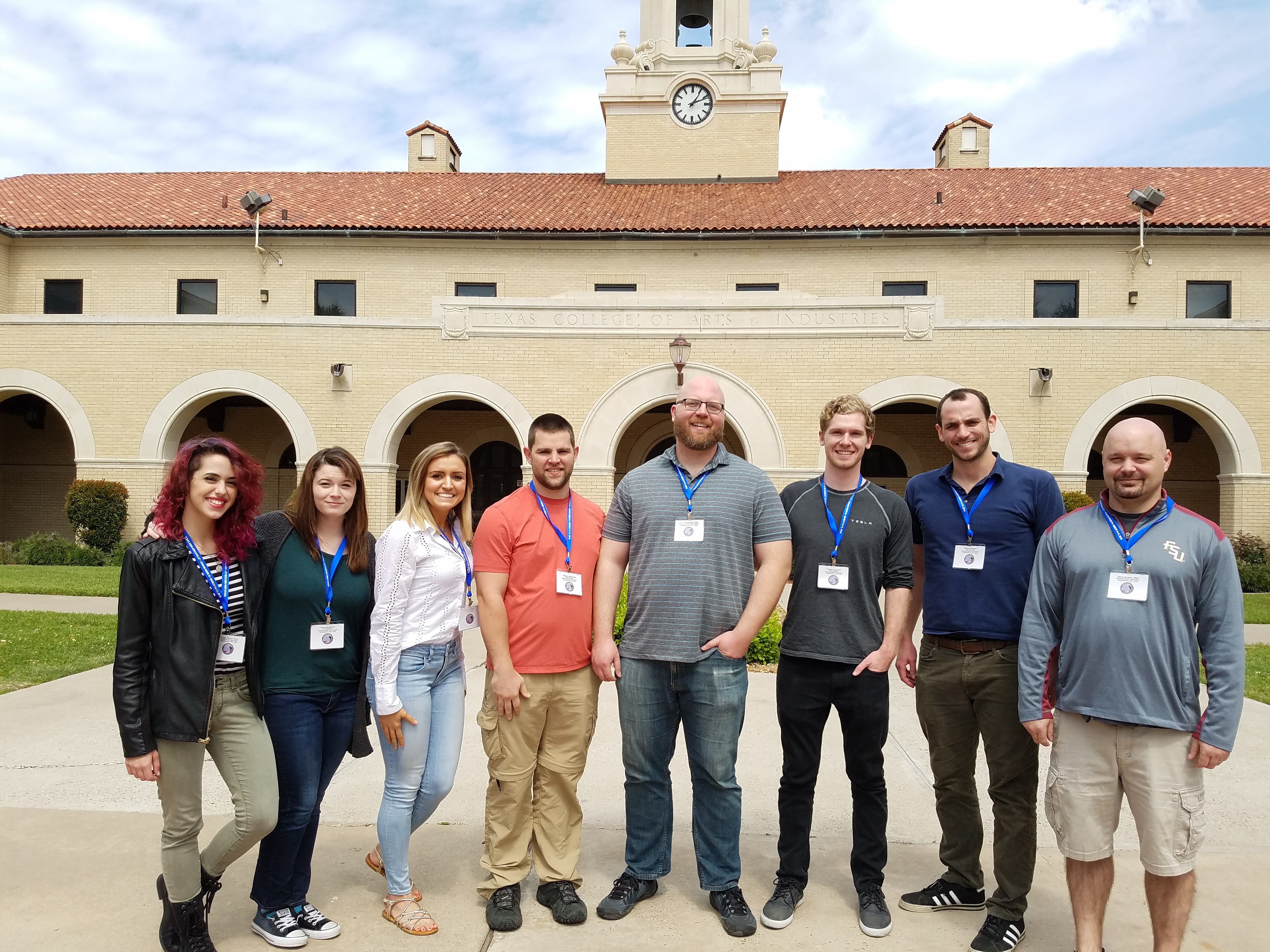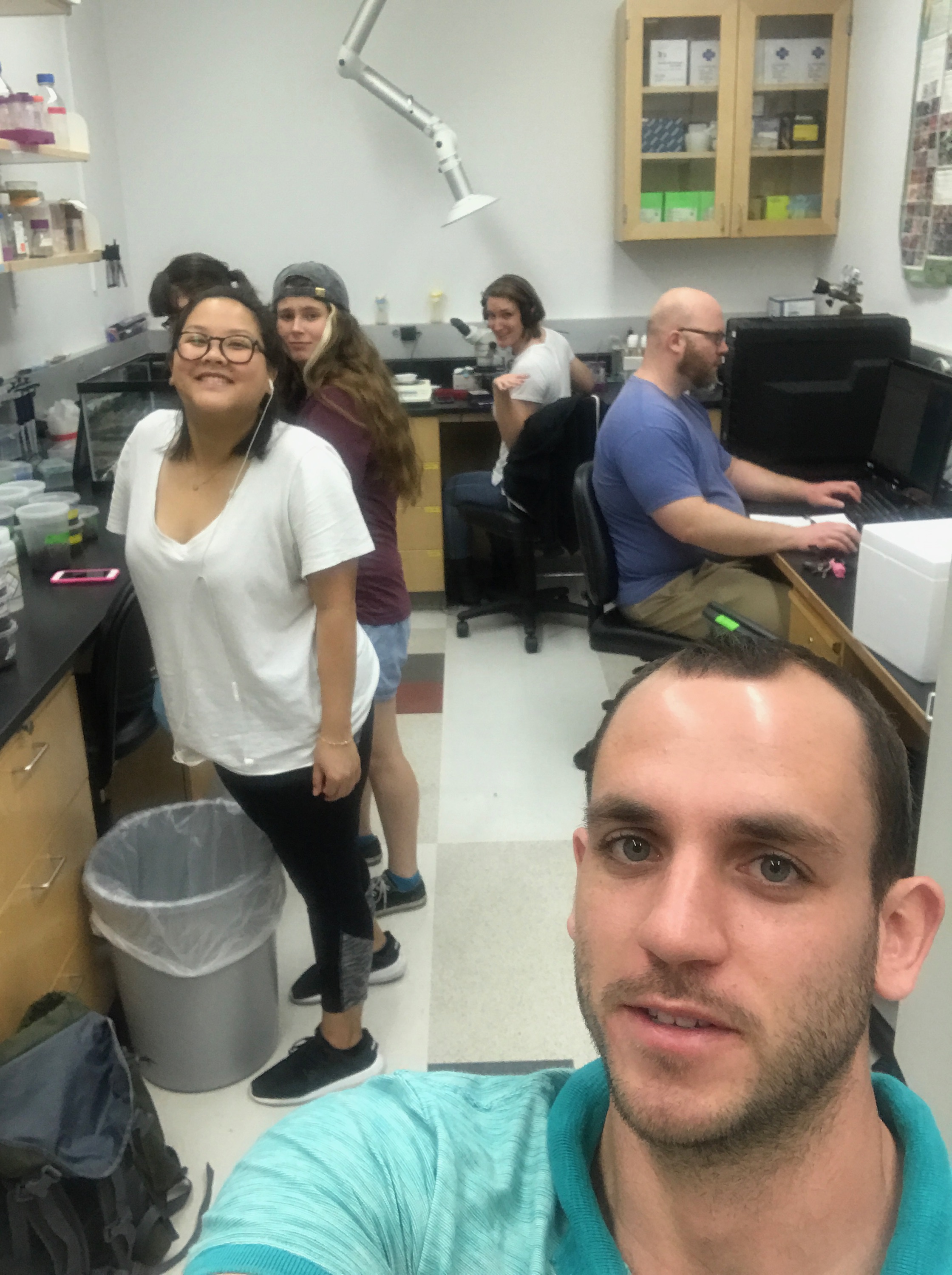Another year, another great group of high school students working in the lab through the Young Scholars Program at FSU. This year, we hosted Amogh Baranwal, Shaoyang Ma, Ayushi Panchal, and Charlotte Sledak. They tested for venom differences between male and female wolf spiders (Hogna lenta) from the Apalachicola National Forest. They collected the spiders themselves, extracted venom, compared venom compositions proteomically, and tested for toxicity differences in crickets. They did not detect any statistically significant differences in their experiments, which is surprising given the ecology of this species.


The poster they produced describing their experiments and results is appended below.

